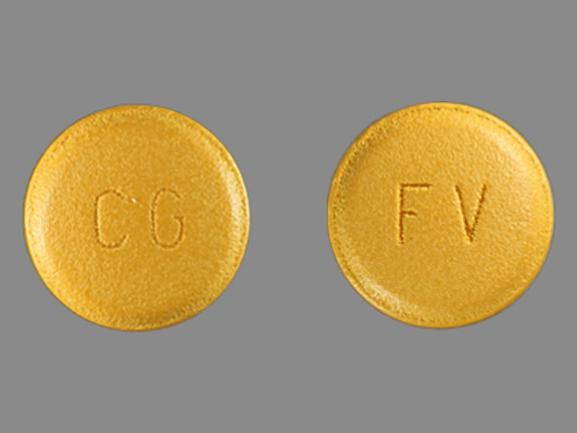Femara Disease Interactions
There are 3 disease interactions with Femara (letrozole).
Letrozole (applies to Femara) liver disease
Major Potential Hazard, Moderate plausibility.
Letrozole is extensively metabolized by the liver. The pharmacokinetic disposition of letrozole has not been assessed in patients with severe hepatic impairment. No dosage modification is recommended for patients with mild to moderate hepatic impairment, however, therapy with letrozole should be administered cautiously to patients with severe hepatic impairment.
Letrozole (applies to Femara) cholesterol
Moderate Potential Hazard, Moderate plausibility. Applicable conditions: Hyperlipidemia
In an adjuvant clinical trial hypercholesterolemia was reported in 52.3% of letrozole patients and 28.6% of tamoxifen patients. CTC grade 3-4 hypercholesterolemia was reported in 0.4% of letrozole patients and 0.1% of tamoxifen patients. Also in the adjuvant setting, an increase of >=1.5 X ULN in total cholesterol (generally non-fasting) was observed in patients on monotherapy who had baseline total serum cholesterol within the normal range (i.e., <=1.5 X ULN) in 151/1843 (8.2%) on letrozole vs 57/1840 (3.2%). Caution is recommended when prescribing letrozole to these patients. Consideration should be given to monitoring serum cholesterol.
Letrozole (applies to Femara) osteoporosis
Moderate Potential Hazard, Moderate plausibility.
Use of letrozole tablets may cause decreases in bone mineral density (BMD). Caution should exercise when prescribing this agent to patients with a risk of fractures, such as the elderly and patients with osteoporosis. Consider bone mineral density monitoring in patients treated with letrozole.
Switch to professional interaction data
Femara drug interactions
There are 122 drug interactions with Femara (letrozole).
Femara alcohol/food interactions
There is 1 alcohol/food interaction with Femara (letrozole).
More about Femara (letrozole)
- Femara consumer information
- Check interactions
- Compare alternatives
- Pricing & coupons
- Reviews (67)
- Drug images
- Side effects
- Dosage information
- Patient tips
- During pregnancy
- Generic availability
- Support group
- Drug class: aromatase inhibitors
- Breastfeeding
- En español
Related treatment guides
Drug Interaction Classification
| Highly clinically significant. Avoid combinations; the risk of the interaction outweighs the benefit. | |
| Moderately clinically significant. Usually avoid combinations; use it only under special circumstances. | |
| Minimally clinically significant. Minimize risk; assess risk and consider an alternative drug, take steps to circumvent the interaction risk and/or institute a monitoring plan. | |
| No interaction information available. |
See also:
Further information
Always consult your healthcare provider to ensure the information displayed on this page applies to your personal circumstances.


